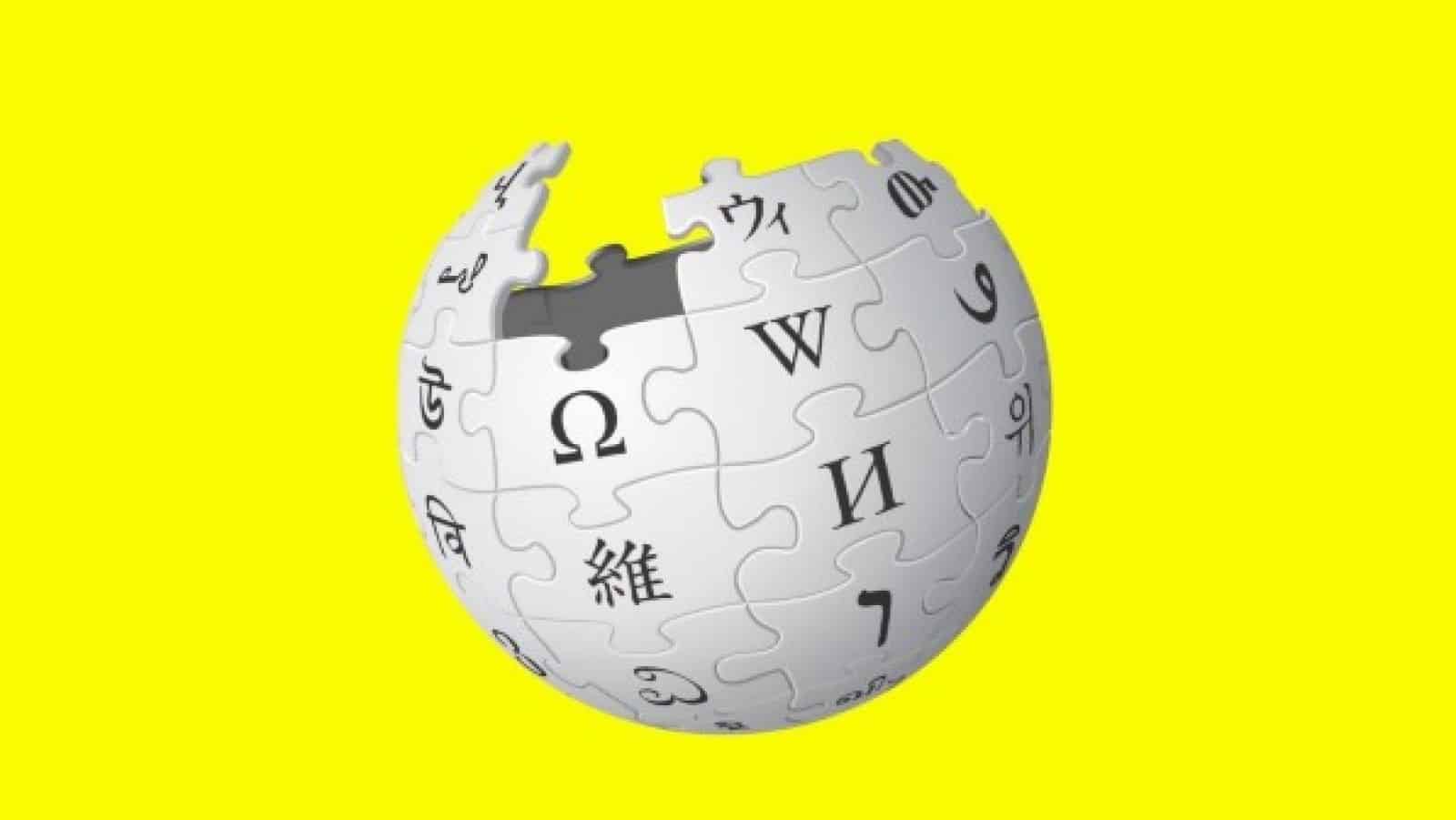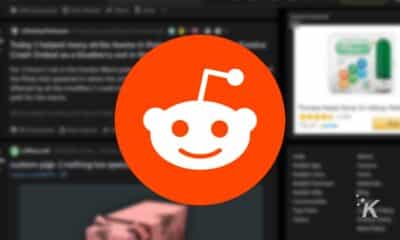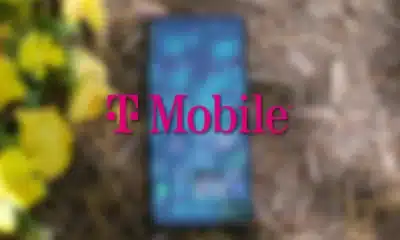Internet
Wikipedia is losing human readers and TikTok might be to blame
Wikipedia is facing a new challenge as AI-powered search results and TikTok’s allure lead to an 8% drop in human pageviews.

Just a heads up, if you buy something through our links, we may get a small share of the sale. It’s one of the ways we keep the lights on here. Click here for more.
Looks like Wikipedia is having a bit of an existential crisis. Human pageviews have plummeted 8% year-over-year, and honestly? We’re not entirely shocked.
According to Marshal Miller of the Wikimedia Foundation, Wikipedia’s recent bot-detection upgrade revealed that a chunk of its previously impressive traffic numbers were actually sneaky bots playing dress-up as humans. Classic internet move, right?
But the real kicker isn’t the fake traffic—it’s that actual humans are genuinely visiting less. The culprits? Your friendly neighborhood AI overlords and Gen Z’s
Google’s AI-powered search results are now spoon-feeding answers directly, eliminating the need to actually click on Wikipedia links.
These declines are not unexpected. Search engines are increasingly using generative AI to provide answers directly to searchers rather than linking to sites like ours. And younger generations are seeking information on social video platforms rather than the open web.
Meanwhile, younger users are getting their “facts” from 30-second videos instead of, you know, actual researched articles with citations.
This trend is genuinely concerning for Wikipedia’s survival. Fewer clicks mean fewer volunteers contributing content and fewer donations rolling in.
The Wikimedia Foundation is scrambling, developing new content attribution frameworks and begging AI companies to actually send traffic back to the source material.
Here’s what you can do:
Actually click through to sources when researching online, look for proper citations, and maybe—just maybe—consider that a 30-second
Wikipedia isn’t perfect, but it’s a hell of a lot more reliable than whatever influencer is explaining quantum physics between dance trends.
The internet’s collective brain is at stake here, people. Act accordingly.































